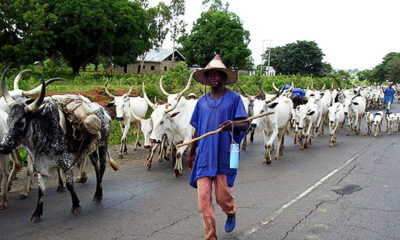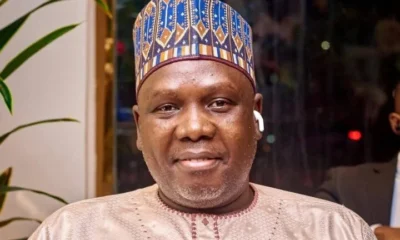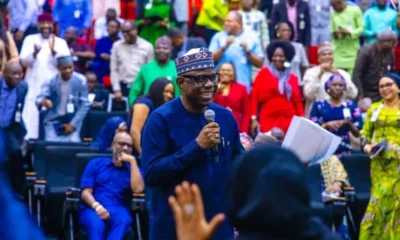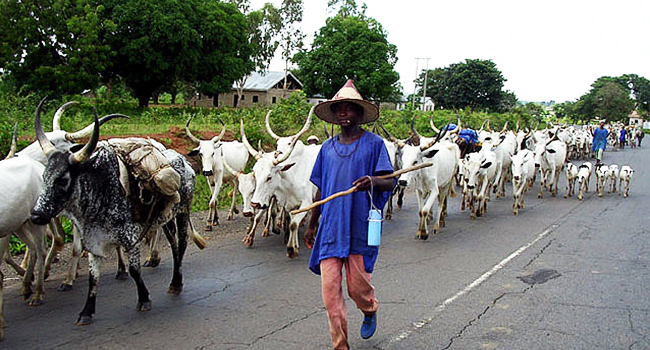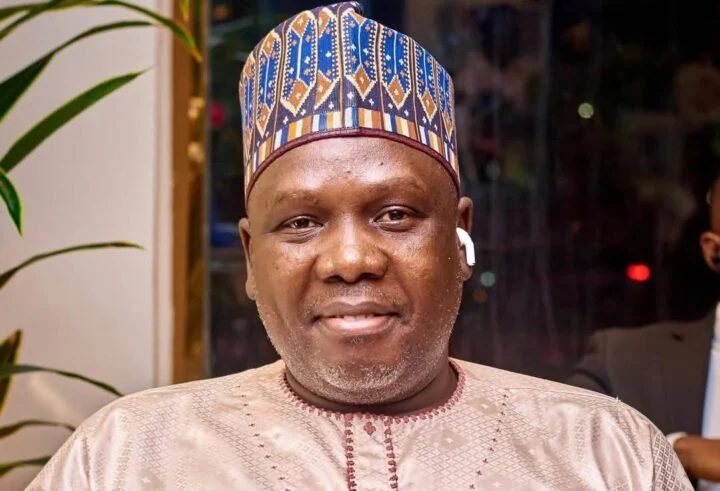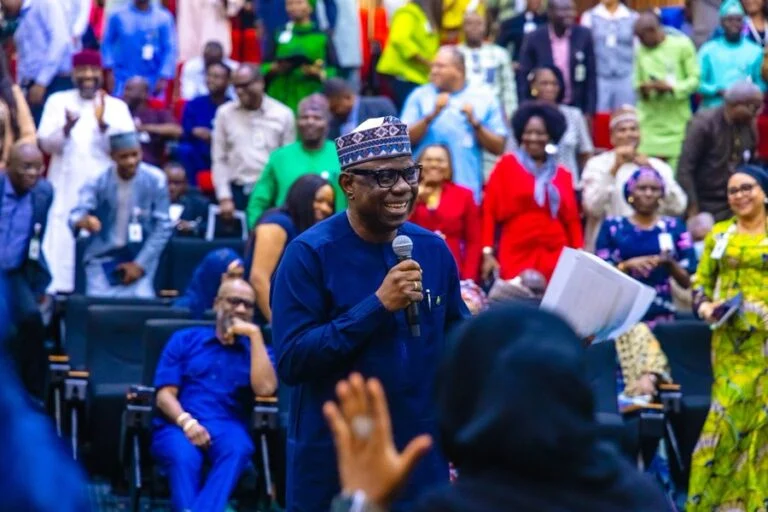BIG STORY
Call To Action: Stop Turning Drainages Into Waste Storage By Teju Ajayi
-

 BIG STORY3 days ago
BIG STORY3 days agoJUST IN: SDP Expels El-Rufai, Slams 30-Year Ban Over Alleged False Membership, Forgery
-
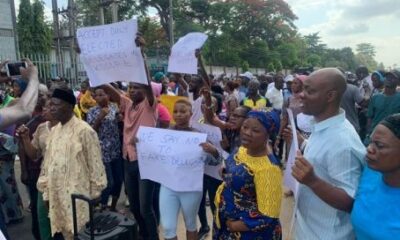
 BIG STORY3 days ago
BIG STORY3 days agoJUST IN: APC Members Protest In Lagos, Demand Removal Of State Chairman
-

 BIG STORY3 days ago
BIG STORY3 days agoBREAKING: President Tinubu Rewards Super Falcons With $100,000, National Honours, 3-Bedroom Apartments Each [VIDEO]
-

 BIG STORY2 days ago
BIG STORY2 days agoWike Has Capacity To Deliver On Tinubu’s Vows To Falcons Without Delay — Appolos
-

 BIG STORY23 hours ago
BIG STORY23 hours agoStreet Naming: Lagos History Must Be Preserved — Former State Governor Fashola
-

 BIG STORY3 days ago
BIG STORY3 days agoBlackout Looms In Lagos As TCN Begins 25-Day Maintenance Work On Monday
-
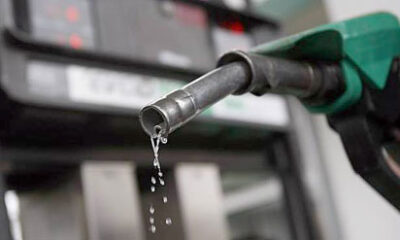
 BIG STORY20 hours ago
BIG STORY20 hours agoMarketers Drop Petrol Prices Below Dangote’s Cost
-

 BIG STORY3 days ago
BIG STORY3 days agoBREAKING: Victorious Super Falcons Storm Abuja For Trophy Parade, President Tinubu Set To Host Team At Aso Rock








